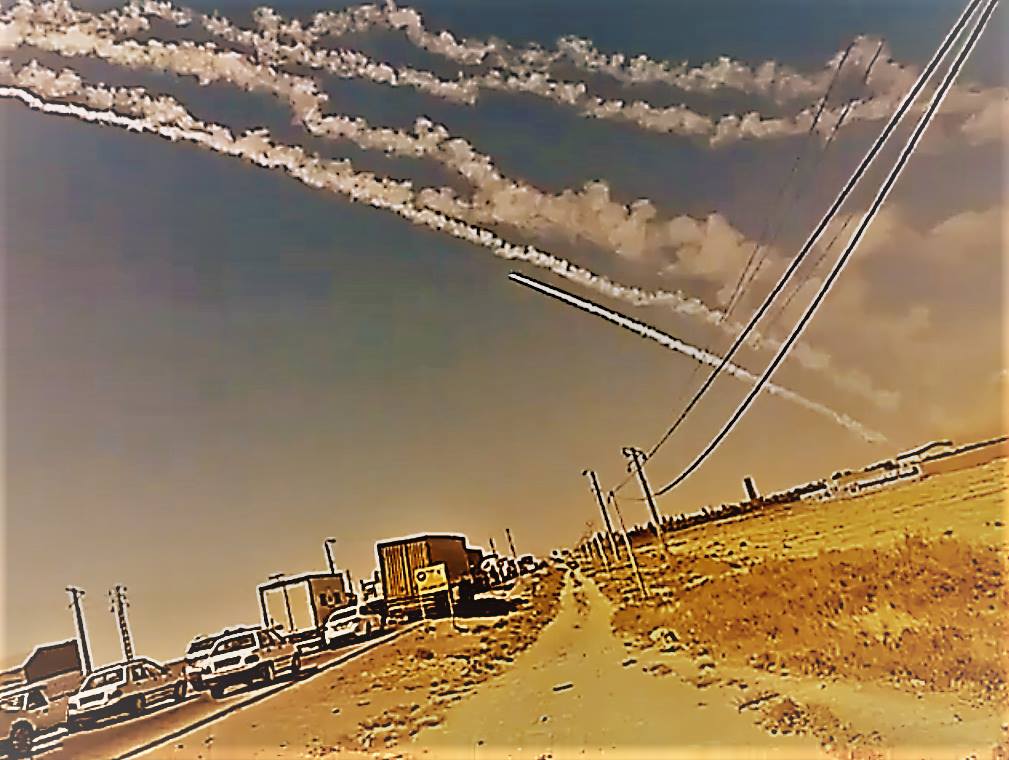Years ago, the Iranian regime displaced and persecuted thousands from their homes and farms, chased away from what once was a home of a people to the refugee camps and the snowcapped mountains. And it was just after the numerous Kurdish exoduses throughout history, the day before yesterday I believe, that the regime imprisoned, tortured and assassinated the writers, the community leaders and the intellectuals – those with a vision for their people.
On July 13th, 1989, Kurdish leader of the KDPI, Abdul Rahman Ghassemlou, was brutally assassinated in Vienna while he was negotiating a peaceful solution for his people; social, cultural and political participation rights, autonomy for Rojhilatê Kurdistanê and democracy for Iran. The brave, those like Ghassemlou and General Barzani, stood up and defended the values and rights they so strongly believed in. For these values and for our nation, many thousands payed with their lives – but as Kurdish poet Piramerd said: ‘those in the hearts of the people will never die.’
It was Saturday morning when I woke up and made some coffee, while I was skimming through the news and planned to leave for a long walk in the forest nearby, that I discovered that the Iranian regime had added another dark chapter to its multiple volume collection of state-crimes and terrorism against the Kurdish nation. At first, I could not believe what I read. But there it was, written in bulky letters and confirmed by family and local sources in Koya; Iran had fired seven ballistic ‘surface to surface’ missiles at Kurdish party offices in my beloved hometown of Koya – just hours after the regime hanged three young Kurdish men without any form of fair trial and legal defense.
Just at that moment, one of Carol Prunhuber’s passages in The Passion and Death of Rahman the Kurd: Dreaming Kurdistan, was most soothing to me. I sipped my coffee and tried to read the passages that gave us strength in hours of darkness, but, until when, honourable gentlemen?
‘Ghassemlou used to eat with his men in the daftar dining hall. “He ate simply, like them,” says Bonnot. He was a very down-to-earth and human man. He spoke to his men with conviction.
He did not need to issue orders. He had about twelve thousand peshmergas who were utterly fascinated with their leader. They were mainly peasants from the countryside.
Every time he returned to Kurdistan, Bonnot had the habit of bringing the best wine with him. When welcoming his friend, the first thing Ghassemlou would ask with a smile was, “What have you brought?” This was an absolute ritual. That day at an insignificant location in the mountains, at an altitude of more than two thousand meters, a Kurd and a French doctor sipped the best French wine.’
So that night, in honour and memory of those brave like Ghassemlou and General Barzani and Mame Jalal, in honour and memory of the many tens of thousands of mountain flowers which were not allowed to grow and shed their fragrance into the world – we lingered through the mountains until the sun rose, bright and vibrant. wine until the sun rose.
Following these events, the Kurdistan Regional Government (KRG) and various international organizations castigated the perpetuated atrocities and released statements of condemnation.
Philip Luther, Amnesty International’s Research and Advocacy Director for the Middle East and North Africa, said: ‘We are horrified by the news that the Iranian authorities have executed these men, despite widespread condemnation of their death sentences and calls from UN human rights experts and other bodies to halt their executions.’
‘The trials of all three men were grossly unfair. All were denied access to their lawyers and families after their arrest, and all said they were tortured into making “confessions”. In sentencing them to death despite these massive failings in due process, the Iranian authorities have once again demonstrated their brazen disregard for the right to life.’
President and commander of the Peshmerga, Massoud Barzani, issued a statement in which he strongly condemns the Iranian bombardment on Koya. ‘I am distraught and saddened by the bombardment of the Kurdistan Democratic Party-Iran (KDP-I) headquarters in Koya city by the Islamic Republic of Iran especially [the bombardment] that left large human casualties and material damages,’Barzani stated. ‘I condemn the attack and send my condolences to the families of the martyrs and wish a speedy recovery to the wounded people.’
Barzani also urged all sides to refrain from further violence in the Kurdistan Region, as Barzani emphasized that ‘the Kurdish issue cannot be resolved through violence, killing and bombardments,’ and that peaceful means must be utilized to resolve the Kurdish question and attain a viable solution.
Meanwhile, the Iranian Revolutionary Guards (IRGC) praised their successful military operations; ‘We warn terrorist groups against the Revolution and their backers… we will respond stronger should they repeat their actions.’
Where to start and where to end, honourable gentlemen?

